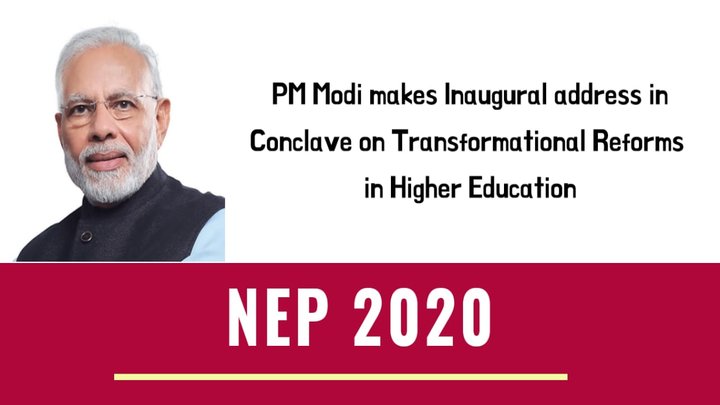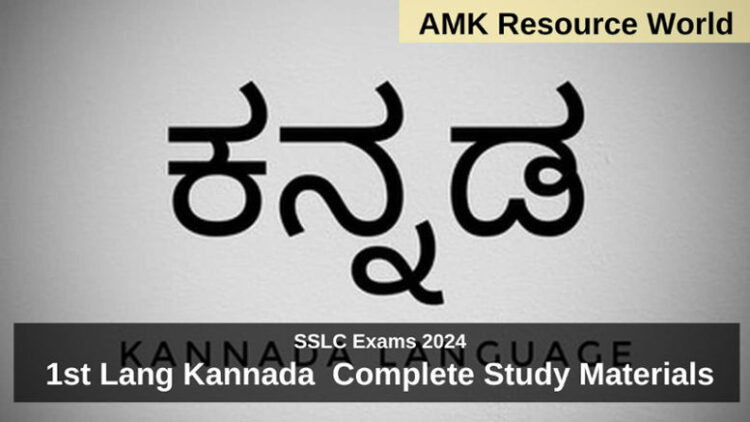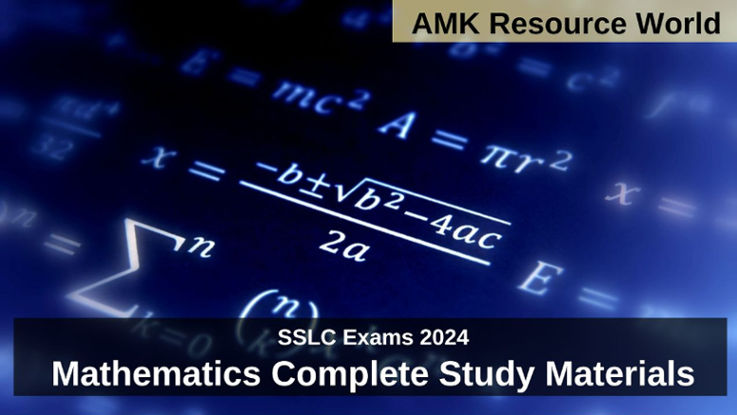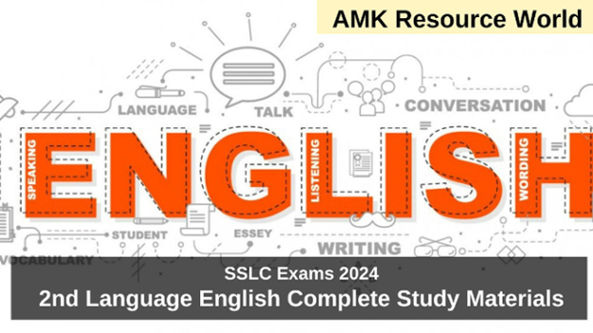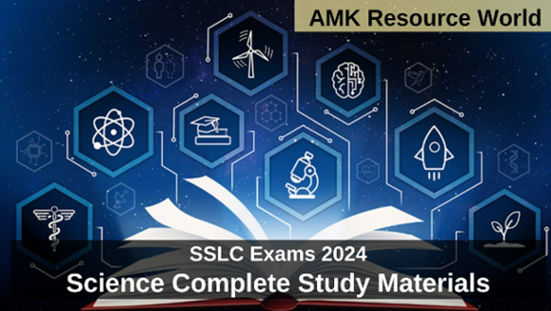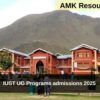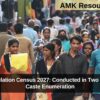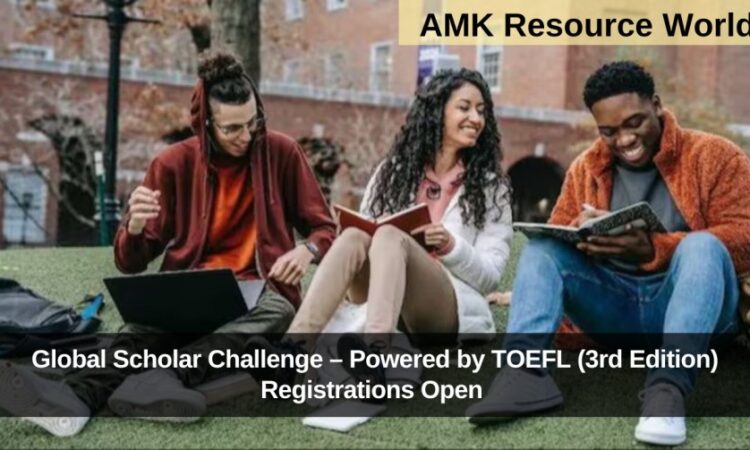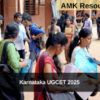In the Conclave on Transformational Reforms in Higher Education under New National Education Policy organized jointly organized by Ministry of Education and University Grants Commission (UGC) Prime Minister Narendra Modi made the inaugural address giving thoughts on all aspects of New National Education Policy and asking all to take necessary steps to implement in all States and Union territories
Dignitaries like Union Human Resource Development Minister Ramesh Pokhriyal, Union Minister of State for Communications Sanjay Dhotre , Chairman and Members of Committee for Draft New Education Policy, eminent academicians/scientists participated the event organised today (7th August 2020)
KEY NOTES
- The conclave will make know the world regarding the reforms in New National Education Policy 2020 and it will also help to implement it across the country, He said world is looking towards reforms in New Education polity and it has allowed healthy debate across the globe
- No sector in the New National Education policy is biased and he doesn’t witness any bias in it
- The reforms in New National Education policy are done by taking into consideration lakhs of suggestions from eminent personalities and common public, it’s been approved by thorough discussion from 3 to 4 years
- New National Education Policy is designed with oversight of Future where Every Student contribute in building a strong nation in all sectors and helps in its progress
- No major reforms had been carried our in National Education Policy from many years and this was required
- As reforms in New National Education Policy are being approved, Now its time to get those implemented in all the states and union territories
- To improve the Education in India the Holistic approach was needed and New Education Policy is doing that by bringing the reforms the build a nation
- New National Education Policy is Focussing on the aspects of building students of country as Global citizens and its doing it
- In the era of technology every information is available to students on their finger tips, its necessary now that students are made to know How to think? rather than what to think
- Students are provided with option of Multidisciplinary Courses with Multiple Entry and Exit options where students have choice to leave the course on their convenience
- New National Education Policy gives option for the students to hone their skills in subject of their choice and interest
- With advancement in Technology reforms in New National Education Policy gives option to reach to the last person in the world, it will help to plan better content and courses
- New National Education policy will help to bridge the gap between Education and Research
- The concept of Virtual Labs, Stress on Coding will help to take the education forward and think beyond
- Central Government is giving autonomous status to many institutions it will continue to give it many more institutions in near future
- As saying goes a Nation learn when a teacher learn, so New National Education policy has kept focus on enhancing the skills of Teachers (Pre service and In service)
- Urged to conduct Panel Discussions, Webinars to plan for a strategy to implement New National Education Policy across the Nation
He concluded his inaugural address by asking all to come forward and take necessary steps to implement New Education Policy so it gives a better shape to the Country in 21st Century
Reforms in New Education Policy
- 10+2 structure of school curricula replaced by 5+3+3+4 structure that will include a foundational stage, pre-primary stage, preparatory stage and secondary stage
- Grade 1-2: Foundational Stage (6 – 8 years)
- Grade 3-5: Preparatory Stage, play, discovery, and activity based and interactive classroom learning (8 – 11 years)
- Grade 6-8: Middle Stage, experiential learning in the sciences, mathematics, arts, social sciences, and humanities.(11 – 14 years)
- Grade 9-12: Secondary Stage, multidisciplinary study, greater critical thinking, flexibility and student choice of subjects (14 – 18 years)
- Exams for Classes 3, 5, and 8 only
- Up to Class 5 medium of Instruction : Mother Tongue or Regional Language
- Board exams for classes 10 and 12 continued, but will be re-designed with “holistic development”
- Vocational Education will be integrated from Class 6
- E-courses will be developed in regional languages
- Common entrance exams for admission to universities and all higher education institutions
- A National Curricular and Pedagogical Framework for Early Childhood Care and Education (NCPFECCE) for children up to the age of 8 years will be developed by NCERT
- MPhil courses will be discontinued
- All the courses at undergraduate, postgraduate and PhD level will now be interdisciplinary
- All higher education institutions will be governed by a single regulator
- School curriculum will also be reduced to core concepts
- Report cards will be based on comprehensive report on skills and capabilities of students than marks and grades
- National Assessment Centre- ‘PARAKH’ has been created to assess the students
- The National Testing Agency (NTA) will conduct entrance examinations for admissions to universities across the country
- Bachelor’s degree will be of 4 years with exit options as follows – Exit after 1 year: Certificate, Exit after 2 years: Diploma, After Course : Degree
| NEP 2020 (English ) | CLICK HERE |
| NEP 2020 (Hindi) | CLICK HERE |
| All updates of NEP 2020 | CLICK HERE |
